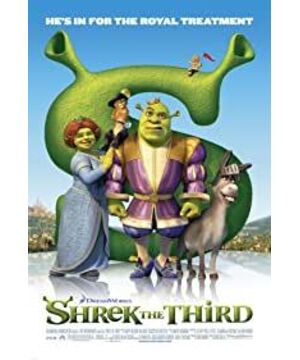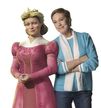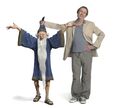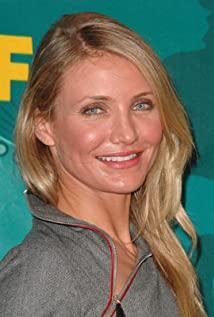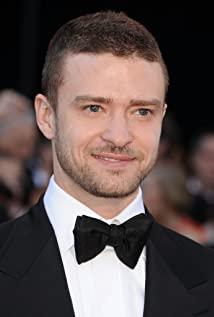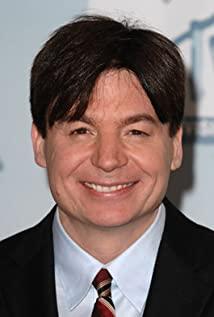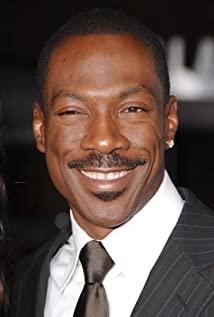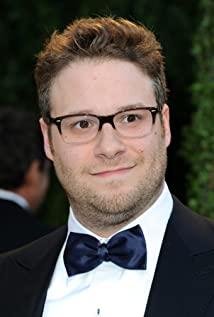The middle-aged Shrek has the distinctive characteristics of people of this age. When the father-in-law dies, the kingdom needs to be inherited by oneself, this is the career; the wife is pregnant, the future children need to be nurtured, this is the family. The director must be well versed in the dire straits of middle-aged life, and all these troubles and anxieties are shown in the film. It is not because the protagonist is a monster that living in a fairy tale world can be much easier.
Perhaps it is precisely because of this "life pressure" that the whole movie seems quite powerless. The tradition of subverting the classics in the first two films is still going on. Cinderella's two sisters are still stubborn and their voices are fierce. The three little pigs, grandma wolf, ginger man and pinocchio are also active as ever. But some "burdens" are not so beautiful if they shake.
First, the death of the Frog King. The loss of life may not be a tragedy, but it will not be a comedy anyway. In the film, it became a joke. The poor old king who has turned into a frog will be played by the director when he is dying. Look at the weird twitching, the "resurrection" antics, and the long tongue that preys on flies, yes, it's all hilarious, but after laughing, it's a little unpleasant. Therefore, the following water burial plot, despite the slow pace and the sad expressions of the characters, will still give the audience a sense of hilarity.
Second, the development of the theme of "responsibility". "Responsibility" develops along two lines in the film. Shrek's family responsibilities vs. Arthur's king responsibilities. The theme is good and educational for all ages, it's just too pale in the portrayal. Shrek's anxiety is shown through a dream, while Arthur's anxiety is somewhat puzzling. Well, yes, the film implies that he is a loser, but the audience sees more how he is being bullied, not why he is being bullied. All we see is a crazy school with a bunch of bullying students.
From this point of view, Arthur's character is pale and powerless, and there is no talent at all. As for how he finally communicated to save Shrek, I am afraid only the director himself knows. Even, I was a little worried: other than looking more human than Shrek, what qualifications does he have to inherit the throne?
This character is said to be a parody of King Arthur of England. Then, I would rather the director join the plot of the Sword in the Stone, at least give me a reason for "sovereign power" to make up for the paleness of the characters.
It's a similar situation with the portrayal of bad guys. The bad guys rioted at the instigation of the Ruined Prince, and were quelled by Shrek's few words. It can be said that "it comes in a hurry, and it goes in a hurry". Probably because they were originally characters in fairy tales, so their minds are so simple and ridiculous?
Finally, there is the ambiguity of the supporting characters. The film's first supporting role should be the magician Merlin. The great wizard, who is said to have lived for hundreds of years, is parodied in the film as a neurotic old professor (perhaps a nod to Harry Potter?). What's even more unfortunate is that, apart from that, he has no character traits to speak of, and he has become a downright trickster, and he doesn't see anything other than being funny and funny.
Maybe because the topic of "middle age" is too heavy, maybe because the director has too many things to say, in short, the whole movie presents a "hurried" mood. The characters and thematic ideas are only superficial. Or, spoofing and revealing the truth are themselves a pair of contradictions, so Shrek 3, who wants to inherit spoofs and entertain them, is so difficult and stretched.
Fortunately, in addition to troubles, people will be more calm when they reach middle age. I hope that Shrek and DreamWorks will find their own positions as soon as possible and jump out of the embarrassment of the third part.
View more about Shrek the Third reviews


